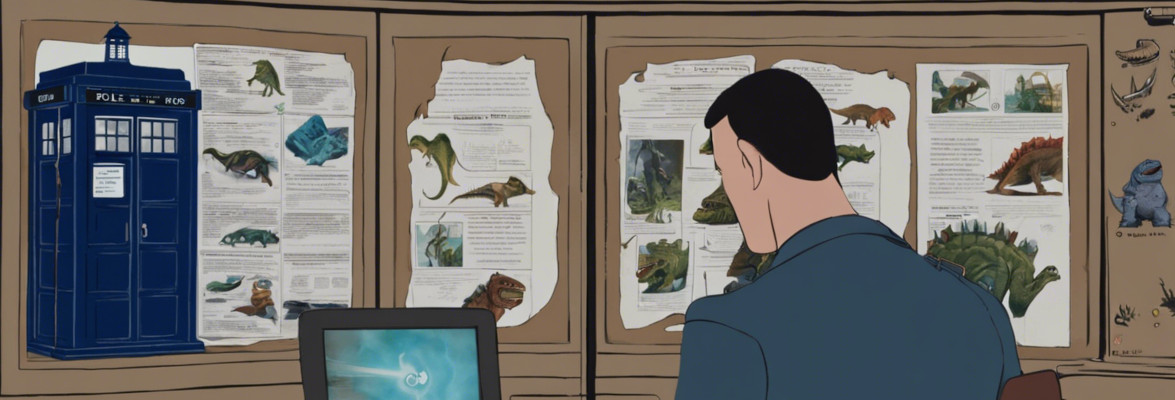
The novel “Vitals” by Greg Bear was published for the first time in 2002.
Hal Cousins is a scientist who is working on biotechnology related to longevity. To find out how to overcome aging he must make an expedition into the depths of the Pacific Ocean. He finds funding from a billionaire interested in living for thousands of years and in the course of an expeditionary in the sea he finds the creatures that he thinks have the right genes to find the secrets of longevity.
When things seems to be going the best way, Hal Cousins gets in trouble instead. The man who travels with him in the small submarine is acting more and more irrationally and tries to kill him. Cousins manages to escape and return to the surface, where it turns out that on the expedition base ship a crew member killed some of the scientists. As if that weren’t enough, he discovers that his twin brother, who is working on similar research, was killed, another event that makes him think that someone really doesn’t want that certain secrets are discovered.
Biology is one of the fields that have provided major inspiration to Greg Bear in the course of his career. A few years before the author won the Nebula Award for his novel “Darwin’s Radio” in which strong biological basis are used to create a science fiction story. It almost seems that Bear thought he had enough material to write another story entirely separate because “Vitals” is the result of a similar approach.
In “Vitals”, Greg Bear uses elements with scientific basis concerning the mechanisms of aging but also biological systems, which are networks that apply to organisms in which a number of individuals can work together in some way, in this case composed of bacteria. The author uses those basis to build a thriller in which a scientist discovers a conspiracy of which he might be one of the victims.
“Darwin’s Radio” Greg Bear had already used some historical elements concerning the USSR. In “Vitals”, he includes references to biological research performed in the Stalin’s era and in the course of time around these stories speculations that sometimes were really far-fetched were built. For a novel in which a conspiracy is central there’s nothing better than to take advantage of such speculations.
When Hal Cousins, a scientist working at the secrets of longevity, finds bacteria related to very ancient life forms, he realize that someone doesn’t want certain research to give results. Trying to escape several attempts to kill him, he comes in contact with Rudy Banning, a bizarre man whose mind seems to have been altered.
In an attempt to save himself, Hal Cousins must try to uncover the conspirators and what biotechnology they’re using but his investigations expose him to greater danger. During his search for the truth, he becomes more and more aware that death is only one of the possible consequences of the conspirators’ intervention and not necessarily the worst.
“Vitals” is developed as a thriller with science fiction elements but from this point of view isn’t that great. If you have already read any thrillers based on conspiracies and mind-altering elements you’ll find elements that are definitely familiar, nothing original. The impression is that Greg Bear has a limited knowledge of this genre and he used it only to develop his biological speculations. In the novel there’s even a repeated use of the expression “Manhattan Candidate” but from the context it seems that it should be “Manchurian Candidate”.
In “Vitals” it’s clear that Greg Bear gives his best in the extrapolation from a scientific basis. He’s skilled in making realistic speculations that are sometimes really far-fetched because he develops them from real elements with rationality. In this novel like in some of his previous ones, this is the best part but this time that’s not enough.
The fact that “Vitals” is told in the first person, mostly from Hal Cousins’ point of view and in two parts from Ben bridger’s, doesn’t help. The conspiracy is really wide and inevitably the narrators discover only a part of it twist after twist.
Greg Bear ends the novel with an epilogue in which Hal Cousins tries to put the events into an order: under the guise for the protagonist of trying to understand them better, the author tries to help the reader, who can be still confused by events that remain partly obscure.
The fact that there’s some remaining mystery isn’t necessarily a flaw but in this case adds confusion to confusion. For example, several characters appear in the novel but very few of them are really developed and in a story of mental alterations that’s a problem.
For these reasons, “Vitals” is considered far from the best works by Greg Bear, on the contrary for many it’s among his worst ones. In my opinion the scientific speculations are very intriguing but otherwise I haven’t found it very interesting. His fans and readers interested in speculation in the field of biology might still like it.

